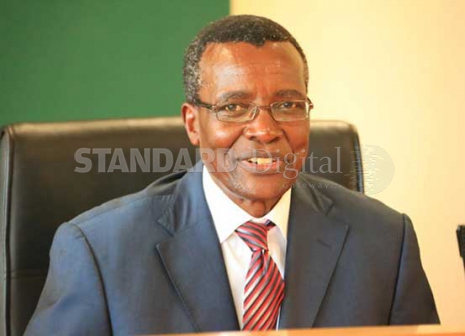×
The Standard e-Paper
Kenya’s Boldest Voice

The Judiciary will not be a shelter for the corrupt, Chief Justice David Maraga warned yesterday.
The CJ warned corruption suspects who have a habit of rushing to the courts to block their trials that henceforth, the Judiciary will ensure they are punished.